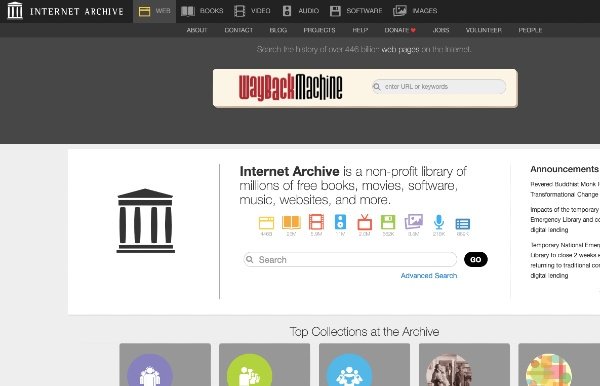The Internet Archive or Wayback Machine, a non-profit digital library, offers free public access to collections of digitized materials including e-books for years. However, the service is now fighting a battle to stay afloat amid legal setback from four book publishers over its ‘National Emergency Library’ program. While activists have already rallied and come to its rescue, the process to save the Internet Archive is full of legal hurdles and challenges.

Goodbye, National ‘Emergency’ Library
To understand the seriousness of this entire episode and trace the origin of the controversy, first, we need to understand where, why, and how it all started in the first place. InMarch, the Internet Archive announced the ‘National Emergency Library’ initiative in March, in the wake of a pandemic. The program was aimed at helping students and the general public access digitized books.
However, National Emergency Library brought some major changes to the Internet Archive’s traditional controlled digital lending system. In ideal situations, the Internet Archive would impose lending restrictions on books to address piracy concerns among book publishers. But since we are far from ‘ideal situations’ these days, modern problems naturally warrant modern solutions.
Unfortunately, this didn’t go well with book publishers. As a result, four commercial publishers have responded by filing a lawsuit against the Internet Archive. Now, it could bankrupt the Internet Archive, further forcing a 24-year-old non-profit to shut operations.
To avoid legal complications, the Internet Archive has decided to pull the plug on its temporary National Emergency Library, which is now closing two weeks early — on June 16.
In its recent blog post, the Internet Archive wrote:
“We moved up our schedule because, last Monday, four commercial publishers chose to sue Internet Archive during a global pandemic.”
But sadly, the story doesn’t end there. The lawsuit also alleges copyright infringement, which could force the non-profit to pay $150,000 in damages.
From the Internet Archive’s detailed response, it’s pretty much clear that ‘angry’ publishers are not only after the temporary National Emergency Library but the non-profit as a whole.
“However, this lawsuit is not just about the temporary National Emergency Library. The complaint attacks the concept of any library owning and lending digital books, challenging the very idea of what a library is in the digital world.”
Hoping to find some middle ground, the Internet Archive, in a way, has appealed to publishers to “call off their costly assault.”
Meanwhile, it remains to be seen how the story unfolds.
Leave a Reply